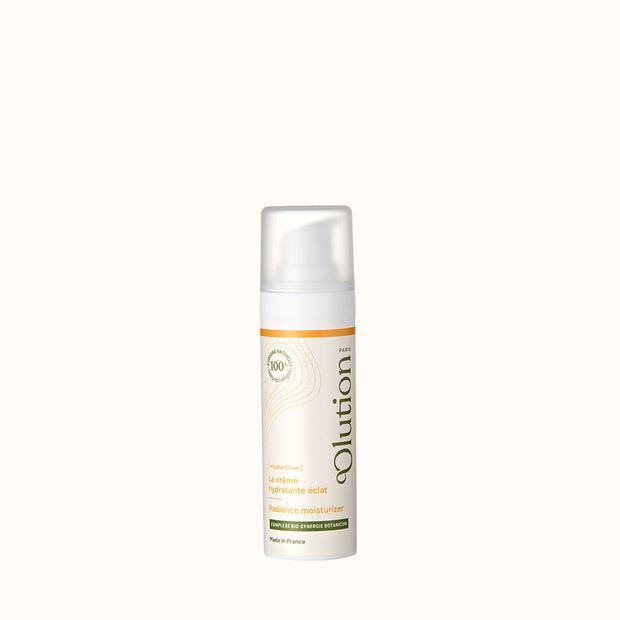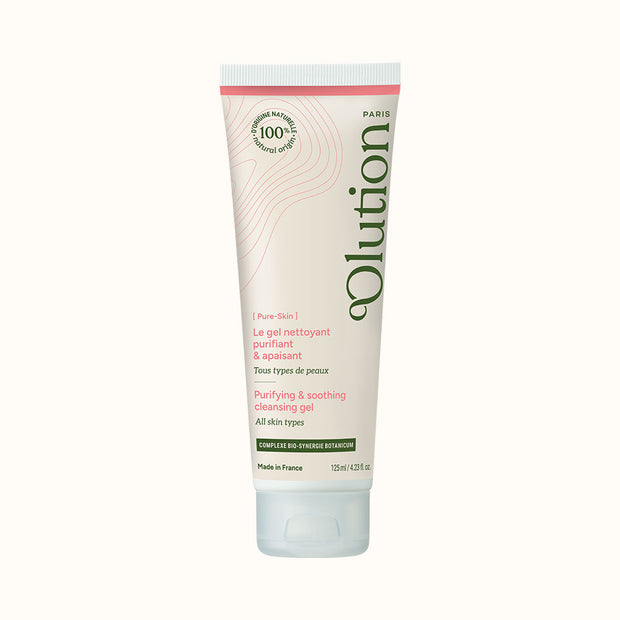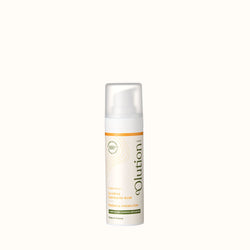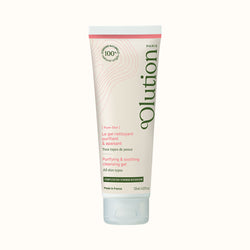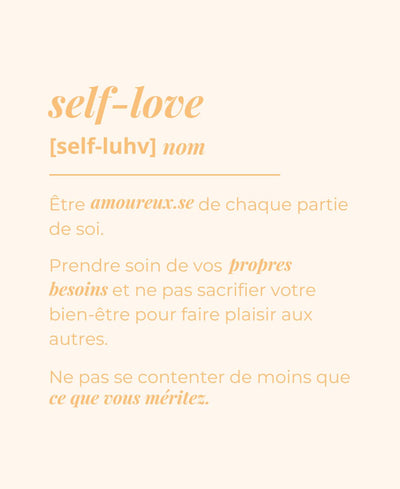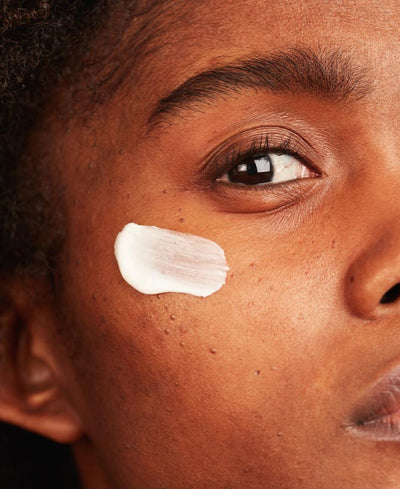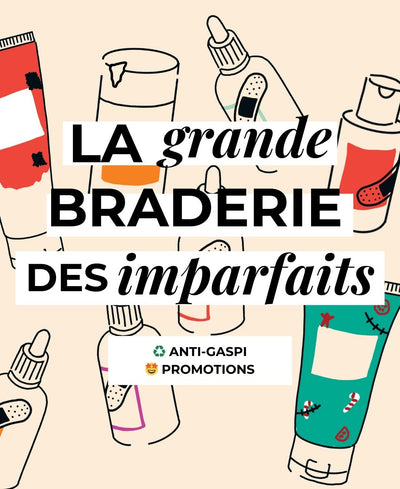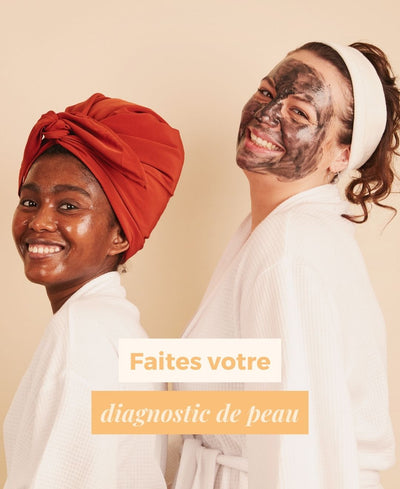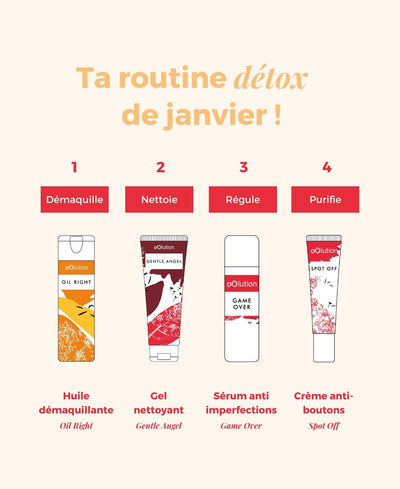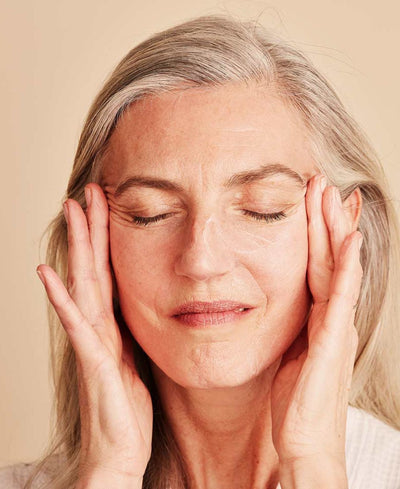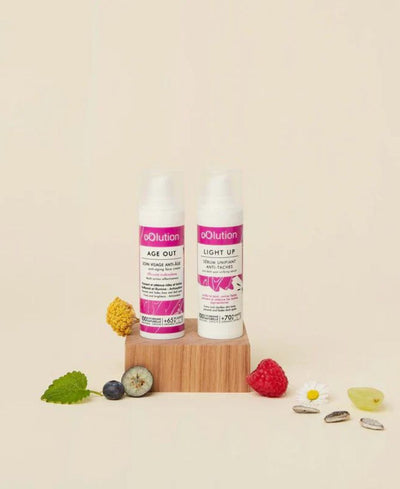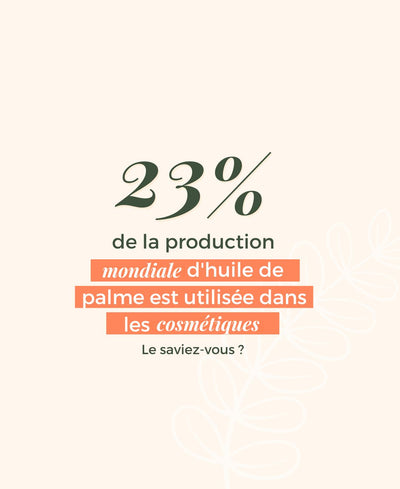Not so effective? More harmful than the sun? The cream suncare product has become the object of much suspicion. However, by choosing your sun protection product carefully, you won't be risking your skin to protect it from the sun! Follow our guide to choosing the best cream sun protection for your health.
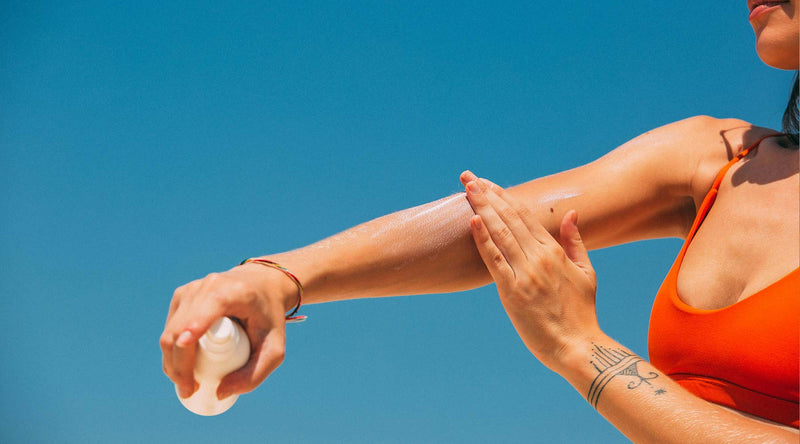
How to choose the best solar cream for your health?
Written on 29.Apr.21 by Anne-Marie GABELICA - Updated on 04.Jul.24

An effective cream : the right sun protection factor
The best cream sunglasses are above all those that offer effective protection against the sun: that's the ABCs! What do we need protection from? Ultraviolet rays. Stopped by the ozone layer, the most dangerous - UVC rays - do not reach our epidermis. But the others have serious harmful effects on our health:
- UVA rays penetrate to the dermis, attacking our cells and altering our DNA. The result is premature aging of the skin and skin cancer.
- UVB rays penetrate less deeply. Thanks to them, we synthesize vitamin D and tan... at the cost of sunburn and skin cancer, especially melanoma.
The best cream suncare product is first and foremost a broad-spectrumcream suncare product that offers optimum protection against UVA and UVB rays. The proof is in the SPF(Sun Protection Factor) index, measured by an independent laboratory.
Its level of protection must be adapted :
- your phototype and pigmentation: fair skin with frecklesspots has less melanin than dark or tanned skin. Its natural anti-UV shield is less effective.
- the conditions of your exposure to UV rays: sunshine, UV index, duration, reverberation...
But in reality, the difference between SPF indices is not so decisive. Only one UVB ray in 30 escapes your SPF 30 sunscreen: it stops 96.7% of them. The same calculation gives 98% for an SPF 50, 95% with an SPF 20... Each SPF index also guarantees protection against UVA rays equal to at least a third of that against UVB rays: 10 for an SPF 30.
To tan without burning, SPF 20 is sufficient for adults when medium protection is required, and SPF 30 for high protection. As long as you reapply your cream every 2 hours, without waiting for the sun to heat up: their anti-inflammatory ingredients delay the sensation of burning.
For sun-sensitive skin and children, a higher protection factor may be necessary, but good physical protection is still preferable. A recommendation that applies to the whole family: wearing cream never means you don't need to wear a hat and sunglasses, or prefer protective shade. Because even a good layer of cream very high protection does not filter out 100% of UVA and UVB rays: there's no such thing as a cream sunscreen.
A cream suncare product that's good for the skin: natural active ingredients
Efficacy against the sun's rays is the number 1 criterion when choosing your cream suncare product, but not at any price! Because the composition of suncare products is often highly problematic...
Sun oil or dry mist, sun lotion or stick, cream for children, cream for the face, it doesn't matter: if it's conventional, you can be sure you're not dealing with the best cream . Even if it's hypoallergenic and bought in a parapharmacy. On the menu? Mineral oils and silicones, especially when they're waterproof, synthetic additives to boost preservation, fragrance, color and texture: carcinogenic pH regulator triethanolamine, EDTA with heavy metals and silicones, phenoxyethanol, PEG...
Some ingredients don't even mix well with the sun. Synthetic preservatives and fragrances are irritating and allergenic, making the skin more vulnerable to UV rays. Photosensitizing, they encourage redness and sun allergies. Particularly on sensitive areas like the face, but all parts of the body and all skin types can react to the sun. react to the sun.
The solution? Opt for the most cream natural solar energy. Aside from certain photosensitizing essential oils, most plant-based ingredients are particularly interesting in a cream suncare product:
- Vegetable oilsbutters and waxes are used to formulate fluid sun creams, water-resistant and penetrating - Nutrient-rich vegetable oils soothing and nourishing protect the skin from drying out due to sun and bathing. 2 in 1! 3 in 1, even, with thehealthy-glow effect Roucou, Abricot or Carotte, far more recommendable than a self-tanner petrochemicals or solar capsules! antioxidants rich in vitamins E, C and polyphenols neutralize free radicals produced by UV rays. Green tea and pomegranate are powerful anti-aging. Shea butter, Coconut oil, Argan, Raspberry, Avocado, Sesame, macerates rich in carotenoids (Carrot, Watercress) even have an action on the skin. UV protection.Beware, greenwashing reigns! Examine labels to spot the petrochemical ocean hidden behind a few drops of Aloe Vera or Monoï, or a partnership with an environmental association... And apply the same principles to your after-sun care products and moisturizers for face and body: this is particularly important to soothe skin made permeable by UV rays, or to relieve a sunburn. relieve sunburn. A conventional tan-extender or after-sun lotion would ruin all the benefits of the best cream !

A health-friendly cream : which sunscreens are right for you?
With the right sun protection factor and healthy, natural ingredients, you think you've found the best cream suncare solution for risk-free sun exposure. But not so fast! There's still one problematic ingredient in all sun creams: UV filters.
In Europe, sunscreens can use 2 types of sunscreens:
- 26 chemical or organic filters: petrochemical, they absorb UV rays in the skin.
- 2mineral filters of natural origin: titanium dioxide or zinc oxide form a shield on the skin that reflects the sun's rays.
All provide good UV protection, assessed according to the same criteria. And all are problematic for your health...
Sidechemical sunscreensare allergens responsible forsun intolerance, suspected carcinogens, endocrine disruptors (and which we ingest by eating fish and shellfish contaminated by our swimming...). Some are so harmful to the environment and coral reefs that islands like Hawaii have banned them!
The best cream sunscreen for safe sun bathing doesn't have to be mineral sunscreen. The reason: their nanoparticles, which create mineral filters with a light, transparent texture that rivals conventional sunscreen fluids. But when they go down to nano size (1/50,000th the thickness of a human hair!), certain molecules become toxic, responsible for cancers and respiratory infections (be careful with suntan sprays). And they penetrate tenfold into our bodies, which are unable to eliminate them.
So all you have to do is opt for a cream nanoparticle-free mineral sunscreen? Theoretically... because it doesn't exist: all mineral sunscreens contain nanoparticles. Even without the[NANO] label, even with a non-nano label that guarantees only less than 10% nanoparticles. Moreover, while most organic labels prohibit nanoparticles, Cosmebio asks its members not to claim to be nanoparticle-freefor want of being able to measure it.
In short, chemical or mineral, baby sunscreens or organic sunscreens all contain problematic UV filters. None of them can claim to be the best cream for your health!
oOlution plant-based sun care products: protect your skin from the sun without putting yourself at risk
So what's the solution? Of course, you can enjoy the sun's rays reasonably, in situations where you don 't need cream sun protection. But when you're at the seaside or in the mountains, or when you're exposed to the sun for long periods of time, or when you're working in the open air, you need to apply a good cream high-protection sunscreen to avoid burning in the sun! And not just to protect against sunburn: each exposure to the sun accelerates skin ageing and increases the risk of cancer.
Even an average sunscreen is still preferable to unprotected exposure to the sun. That's why, until now, our advice has been to opt for mineral creams marked non-nano, whose white traces on the skin suggest that they contain fewer nanoparticles. Not because they're the best sunscreens, but because they're the least worst...
A fault of better than we dreamed of surpassing. And we succeeded! By creating a broad-spectrum sunscreen that's neither synthetic nor mineral: 49 plants formulate the100% plant-based sunscreen in our natural sun protection products. Effective against UVA and UVB rays, with no harmful or controversial substances. Zero endocrine disruptors, no photosensitizing substances, no nanoparticles: our sun protection products overcome all obstacles! But this refusal to use filters harmful to health comes at a price. Under current legislation, our packaging cannot carry the word "sun", nor can it claim SPF ratings, even though these are strictly measured and controlled by the same independent laboratories as all the others: SPF 20 for our Hello Sunshine body oil Hello Sunshine and SPF 30 for our sun body balm No Ray.
Finally, a word of clarification: active plant ingredients have fabulous anti-UV properties, yes, but be careful! Don't think that a homemade blend of plant oils will offer you effective protection against the sun's harmful rays: it took us four years of relentless research to develop our natural sun care products so that you can finally choose the best cream and no longer settle for the least worst 😉.
Recommended products
